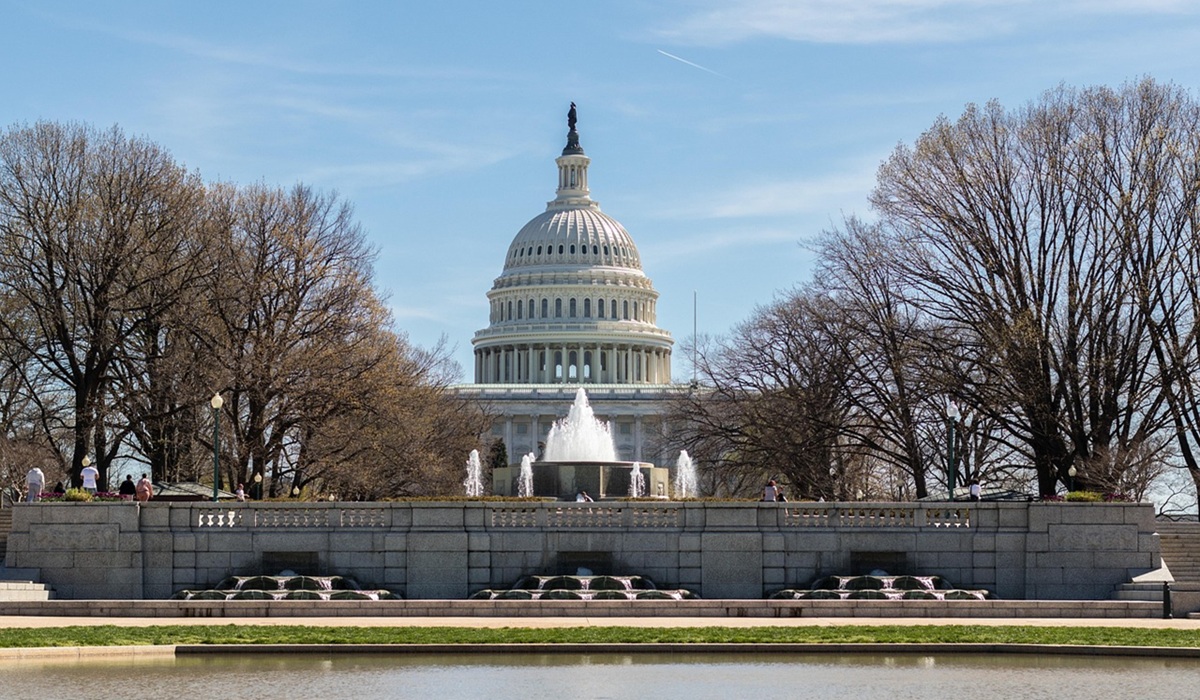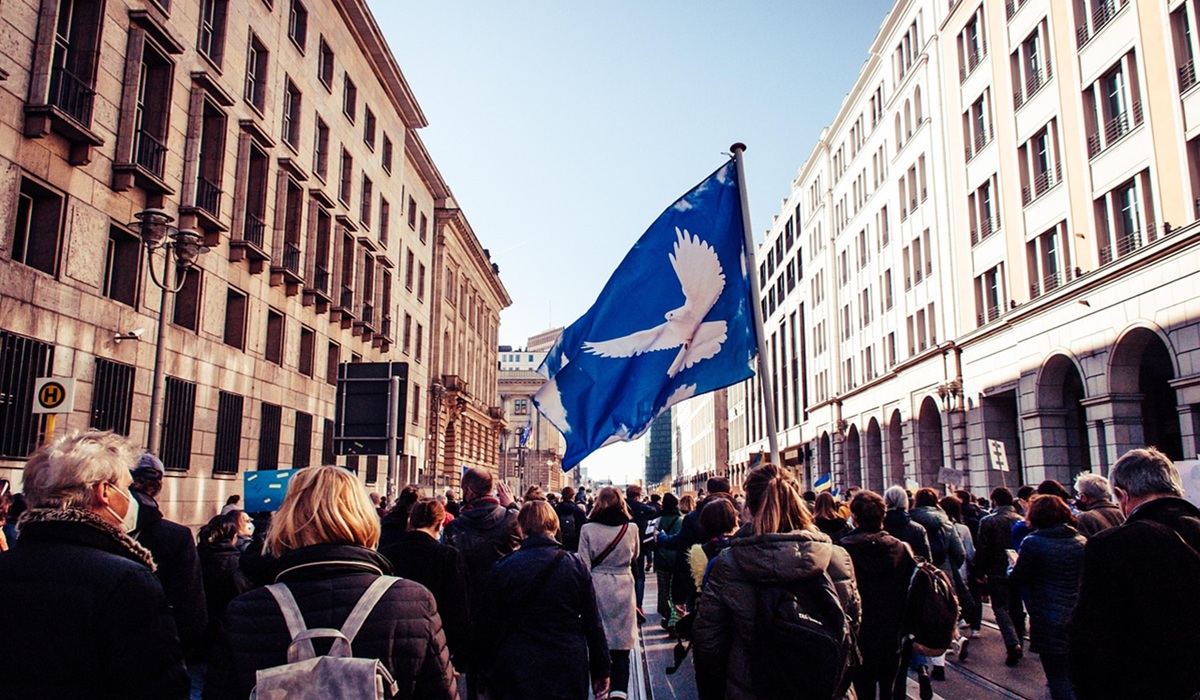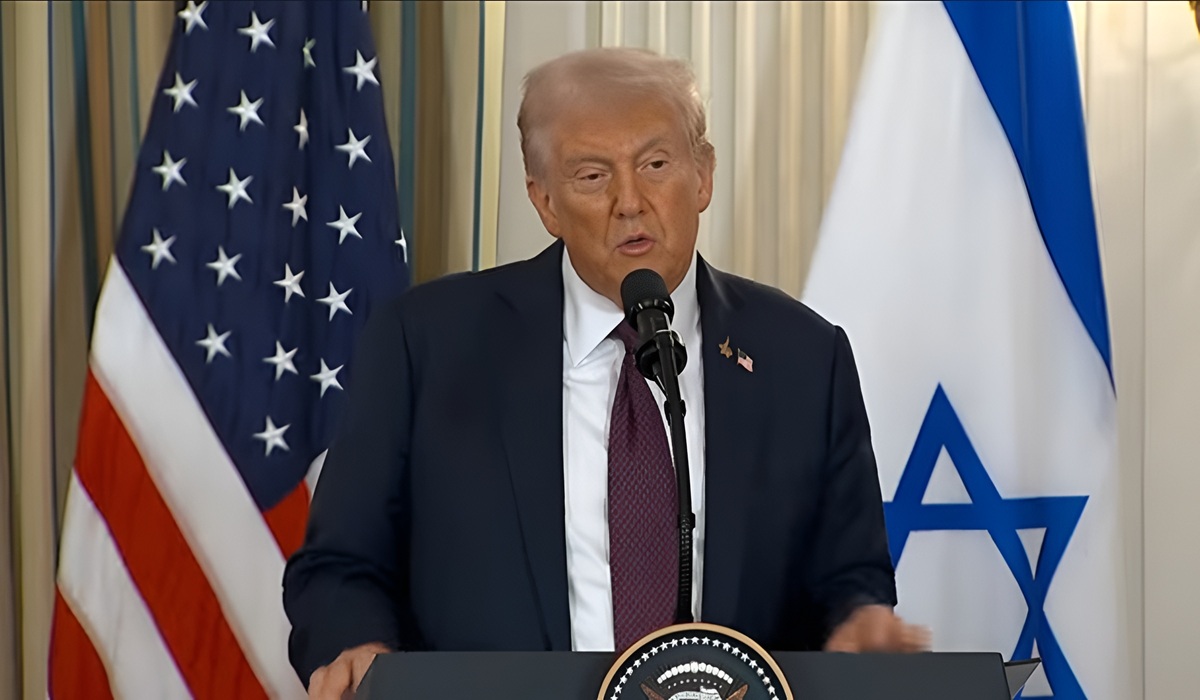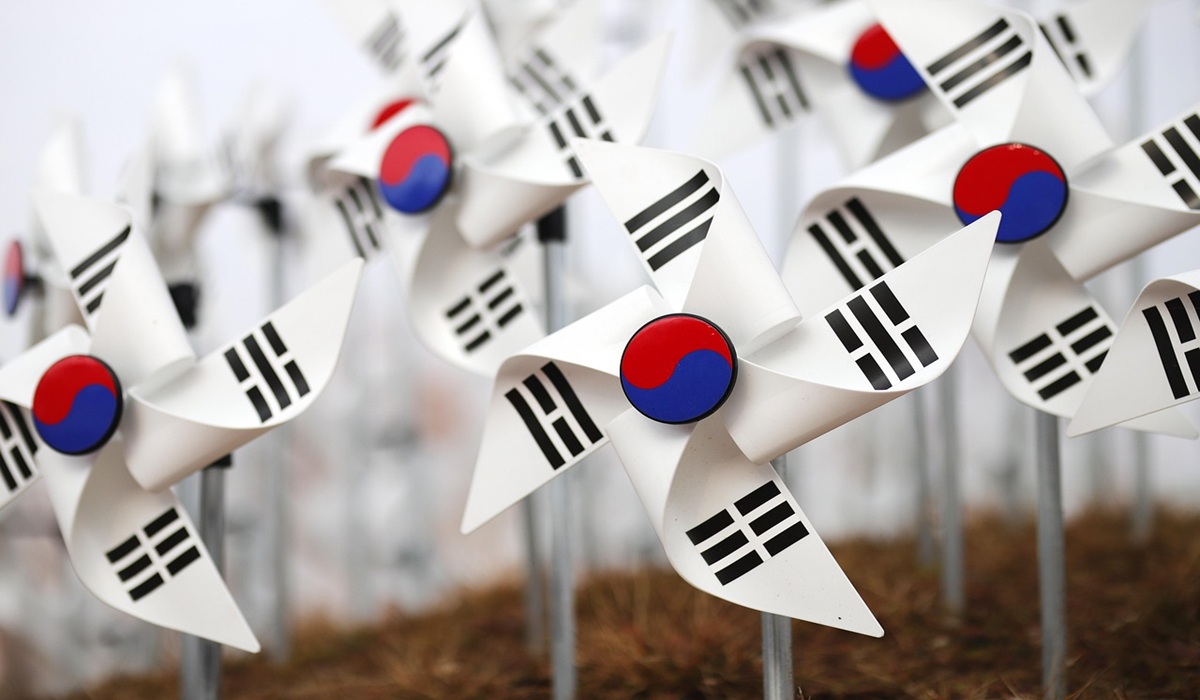U.S. Military Deployment and Venezuelan Sovereignty: A Diplomatic Examination
- Naomi Dela Cruz
- U.S.A
- August 21, 2025
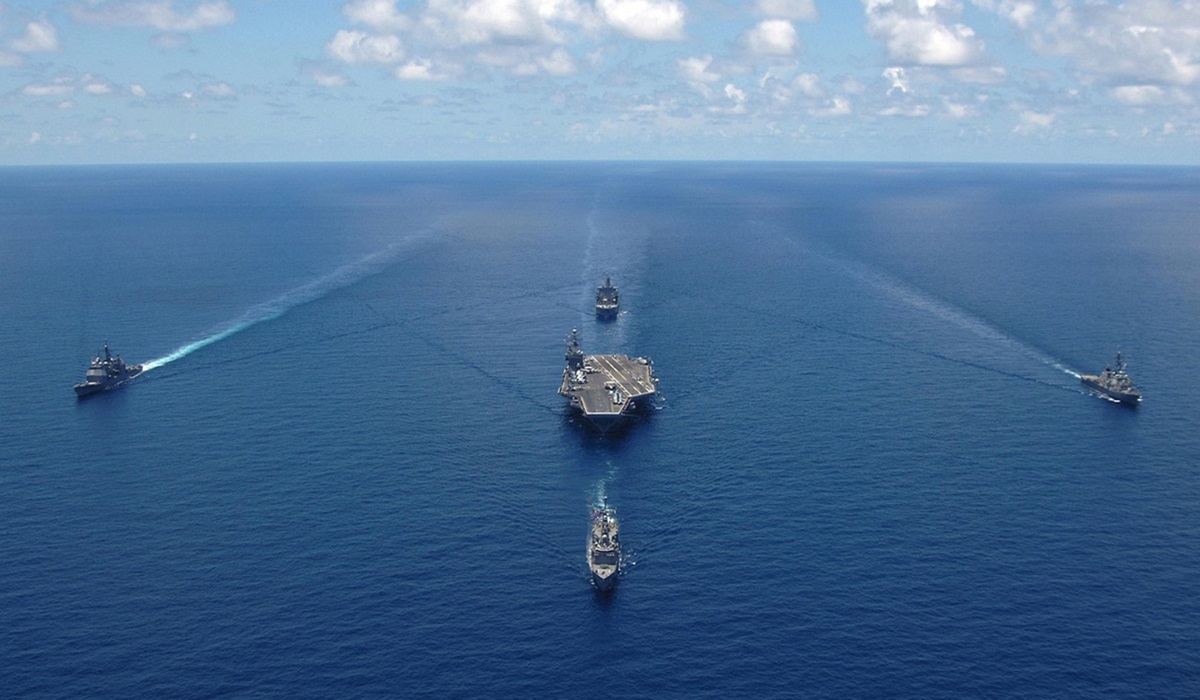
The United States has once again shifted global attention to the Caribbean. Under the direction of President Donald Trump, three advanced naval warships accompanied by submarines, surveillance aircraft, and more than 4,000 Marines have been deployed to waters near Venezuela. U.S. officials describe the mission as a counternarcotics effort aimed at curbing illicit trafficking networks. At the same time, the Department of Justice has placed a $50 million reward on the head of Venezuelan President Nicolás Maduro, a move unprecedented in modern international relations.
Venezuela has reacted with a full display of its national defense capacity. President Maduro announced the mobilization of over 4.5 million militia members, joining the standing army to protect the country’s strategic infrastructure. Venezuelan leaders maintain that these forces are not a provocation but a necessity, ensuring that the nation’s sovereignty is safeguarded in the face of foreign military pressure. Officials in Caracas frame this development as another chapter in a long history of resilience against external interference.
This is not the first time tensions between the United States and Venezuela have reached such levels. During Trump’s first administration, Washington openly recognized opposition leader Juan Guaidó as interim president despite his never having been elected by the Venezuelan people. While the U.S. extended diplomatic and economic support to Guaidó, efforts to shift power in Caracas ultimately failed. Separately, smaller paramilitary operations, including the 2020 incursion known as Operation Gideon, sought to destabilize Maduro’s rule but were swiftly dismantled. Each of these moments reinforced Venezuela’s claim that its sovereignty was under constant threat.
The events in the Caribbean do not exist in isolation. They reflect a global pattern of U.S. military deployments in sensitive regions. From the South China Sea to the Middle East, the Baltic, and now the Caribbean, the United States maintains a military presence that extends across nearly every corner of the world. Advocates argue that this posture secures vital shipping lanes, disrupts criminal enterprises, and deters hostile powers. Critics, however, suggest it reflects a deeper reliance on the military-industrial complex, perpetuating an environment of tension that justifies constant mobilization.
A recurring question is whether Venezuela’s vast oil reserves sit at the heart of U.S. interest. While American officials consistently cite counternarcotics as the immediate justification for the deployment, suspicions endure about the role of energy geopolitics. Venezuela holds some of the world’s largest proven crude reserves, and during his first term, Trump was quoted as saying he wanted “the oil” when speaking about Venezuela’s resources. Though not directly tied to the current naval mobilization, such remarks continue to fuel speculation about the deeper motives behind U.S. engagement in the region.
What makes this moment truly unique is the $50 million bounty placed on the head of a sitting head of state. While rewards have long been used in counternarcotics efforts against cartel leaders, applying the same measure to an elected president raises profound diplomatic questions. Venezuela has denounced the move as hostile and dangerous, while U.S. officials maintain it as a tool of law enforcement rather than an act of war. Nevertheless, the symbolic weight of such an action cannot be understated—it sets a precedent that could redefine the boundaries between criminal justice and international diplomacy.
The mobilization of U.S. naval forces near Venezuela underscores the fragile balance between national sovereignty and international security policy. For Washington, the deployment is framed as part of a wider campaign against narcotics and instability. For Caracas, it represents another attempt to undermine its independence and sovereignty. The truth may lie in a complex intersection of security, economics, and geopolitics.
As the standoff continues, the world watches carefully. The presence of warships, Marines, and unprecedented legal actions creates a volatile climate where diplomacy will need to tread carefully. In an era where the reach of military power seems endless, the challenge remains to prevent confrontation and instead strengthen dialogue, mutual respect, and international law.


